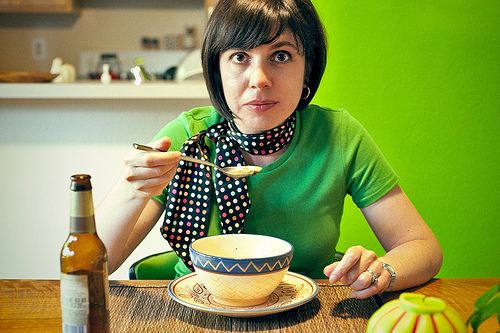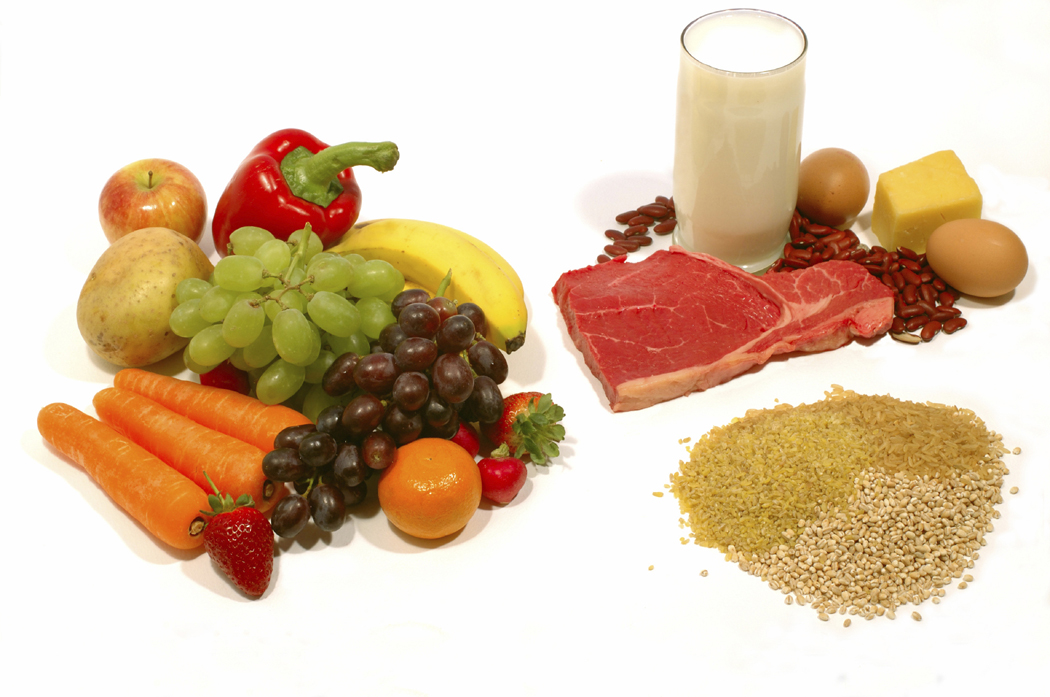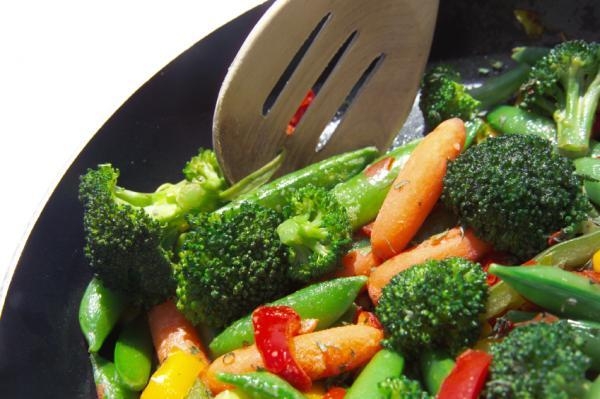
Welcome to the era of orthorexia. Because overdoing it is the American way, we’ve now managed to warp even healthy habits into a new form of eating disorders. Welcome to the era of orthorexia. As Heather Hansman notes this week in Fast Company, orthorexia differs from other forms of disorders in that the obsessive focus is not on how much or how little one consumes, but the perceived virtue of the food itself. As she reports, “Nutritionists and psychologists say that they’re seeing it more often, especially in the face of restrictive food trends, like gluten-free, and growing information about where food comes from, and how it’s grown and processed.” Though the term has been in use since Dr. Steven Bratman coined it in 1997, the […] Read More





